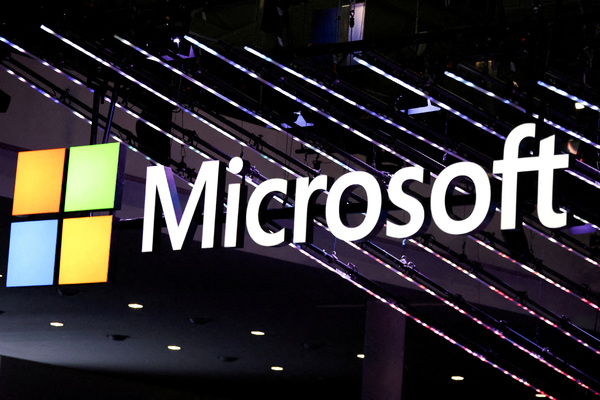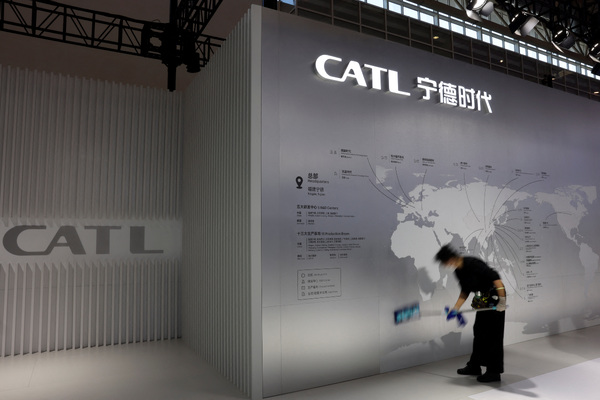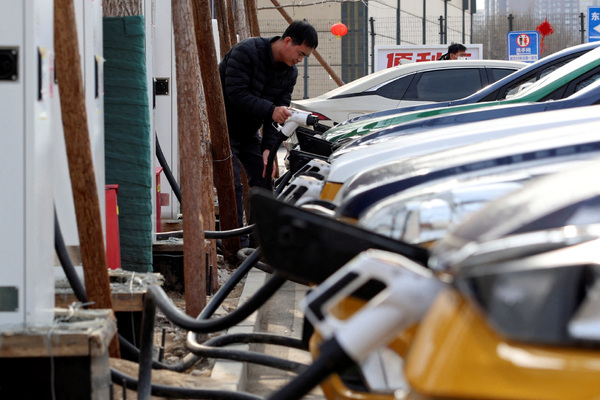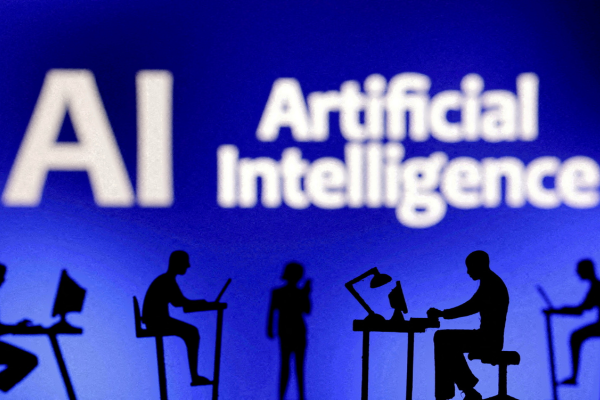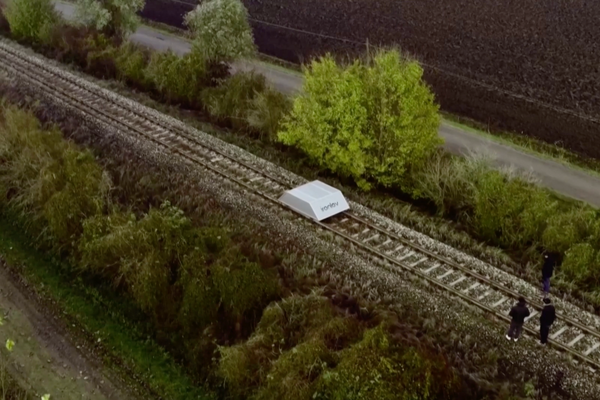From seabed to space: the role of data in delivering a sustainable future
Sponsored by CGI
Our understanding of climate change relies entirely on extremely precise long-term data collection and analysis. However, there are still many unanswered questions – not least about what we can do to mitigate catastrophic events.
Data and systems modelling will help improve food supply security as the climate changes in the face of these events (for example, through harvesting and supply chain efficiencies) while reducing environmental consequences caused by intensive farming.
Satellites 800km above our heads, designed specifically to monitor the environment, already provide regional pictures of atmospheric composition and help us monitor land use and how it is changing. This data, combined with increasing deployment of in-situ sensors and crowdsourced data, such as our collaboration with Project Seagrass, allows us to develop digital twins to understand the state of the environment, forecast events and test policies. This has been made possible by a new generation of supercomputing, artificial intelligence and space technologies and these data systems are already controlling our increasingly interconnected and smart society, particularly in the sectors with the greatest GHG emissions.
Energy consumption contributes almost three quarters of total GHG emissions. Decarbonising energy is therefore vital to enable all sectors of the economy to reach their net zero targets. The transformation of the energy sector is already well under way. The adoption of renewable sources of electricity generation, the decarbonisation of gas and the inclusion of hydrogen are all helping to reduce the environmental impacts of energy use.
But this transition is fundamentally changing the dynamics of energy systems. Generating electricity from renewables such as wind and solar is by its nature dependent on the weather, season and time of day. On the demand side, the electrification of transport, heat and battery storage is increasing demand volatility.
If we, as energy consumers, are to continue to benefit from the levels of reliability we enjoy today, greater visibility across the energy system is needed to manage these new dynamics. That means greater access to data and the insights it can provide. But the new, active, bi-directional energy system also brings with it new opportunities for consumers, or at least their no- and low-carbon technologies, to participate. Automation, through technologies such as machine learning and artificial intelligence, can make it simpler for individuals to access the benefits of the energy system and enable a fairer energy transition.
Agriculture, forestry and land use change is responsible for around one fifth of global emissions (of which a third is deforestation and crop-burning), and data has the potential to drive reductions in both GHG and overall environmental impacts.
Only 6 per cent of total agricultural production is consumed as food, with 44 per cent lost before human consumption. Data and systems modelling will help improve food supply security (for example, through harvesting and supply chain efficiencies) while reducing environmental consequences such as intensification as the climate changes.
Droughts and heat are responsible for a 9 to 10 per cent loss in cereal production. Climate change will drive more extreme weather events so we will need to understand these systems and help producers change the way they farm or the varieties they plant. CGI is developing a digital twin (a dynamic, high-resolution reconstruction of the Earth and its complex processes) for agriculture that will help deliver a more efficient and zero net emissions sector by coupling a range of physical and economic models with diverse data sources. We’re also partnering with Project Seagrass to advance the conservation of seabed ecosystems that absorb and store carbon 35 times more efficiently than rainforests. Digital technology has transformed society and is key to plotting the routes to a net zero economy. Data is already essential to all modern industries, collected by business systems, in-situ internet of things (IoT) sensors, and satellites. It will allow us to create digital twins of global physical and economic systems. We need to see urgent and significant R&D into how we can gather, exploit and connect this data to drive and inform low-emission ways of living and working. Data will increasingly empower businesses and individuals to make their own contributions. But we need industry and government to work together to innovate solutions and build collaborative, trusted and open “digital twin” data infrastructure.
 @cgi_uknews
@cgi_uknews
Business Reporter Team
Most Viewed
23-29 Hendon Lane, London, N3 1RT
23-29 Hendon Lane, London, N3 1RT
020 8349 4363
© 2024, Lyonsdown Limited. Business Reporter® is a registered trademark of Lyonsdown Ltd. VAT registration number: 830519543
